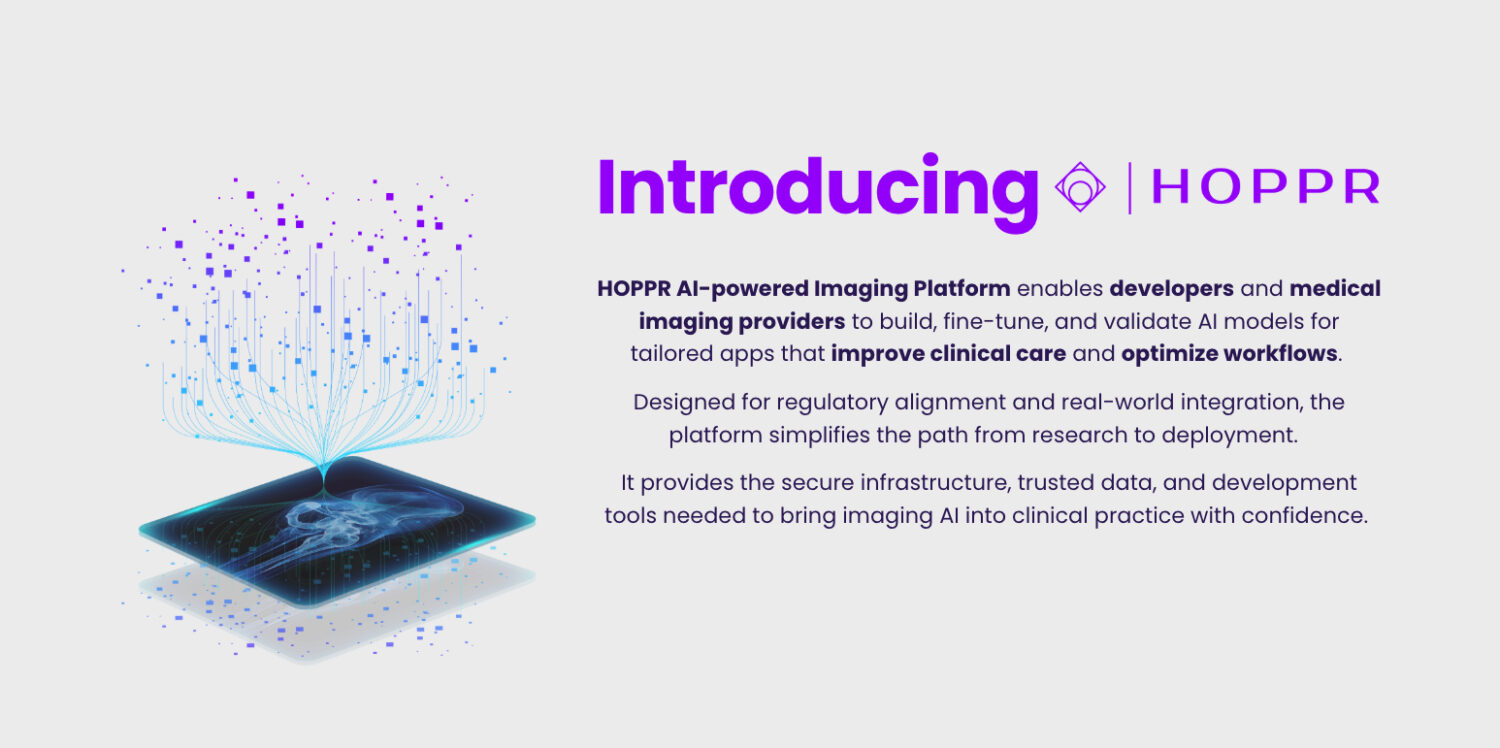
What You Should Know:
– HOPPR, a secure AI development platform for medical imaging announced the commercial release of its HOPPR Marie Curie Chest Radiography Foundation Model and fine-tuning API for binary classification, alongside inference API access and a new usage billing portal.
– The launch makes it easier for developers to customize and deploy AI solutions for medical imaging, promising to reduce costs and accelerate innovation in the field.
DeepHealth Pioneers Commercial Adoption
DeepHealth, an AI innovator and PACS platform provider, is the first commercial partner to adopt HOPPR’s new model and API-driven fine-tuning workflow. In a limited release prior to the commercial launch, DeepHealth successfully fine-tuned multiple models and deployed a customized chest radiography classifier within weeks. This demonstrates the platform’s adaptability and real-world potential in a diverse, global organization like RadNet, where DeepHealth operates as a key strategic partner.
Marie Curie Chest Radiography Foundation Model
The Marie Curie Chest Radiography Foundation Model is built on a large-scale Vision Transformer (ViT) architecture and is optimized for binary classification in chest X-ray imaging. Through a single API, developers can fine-tune the model using their own labeled datasets and receive structured outputs and prediction scores via the inference API.
“Our goal is to give medical imaging developers a powerful and flexible model they can make their own without the heavy cost, complexity, and long timelines of building infrastructure from scratch,” said Dr. Khan Siddiqui, CEO and Co-founder of HOPPR. “With access to our fine-tuning and inference APIs and integrated billing portal, this release gives developer teams what they need to go from labeled data to deployment with speed, control, and transparency.”
Unlike static AI marketplaces with prebuilt applications, HOPPR provides a secure development environment for customizing foundation models. The platform is built within a quality management system to support traceable, reproducible development workflows, and it provides model training artifacts to support partner regulatory submissions.
Future Expansion and Research Collaborations
While this initial release is optimized for teams with existing data and fine-tuning expertise, future platform updates will broaden support for customers lacking data or infrastructure by expanding access to HOPPR’s proprietary data, cohort-building tools, and model validation capabilities.
HOPPR is also actively collaborating with research institutions, including the University of Miami, to explore potential clinical and research use cases. Upcoming updates are planned to expand to new modalities and introduce language-based interactions.
